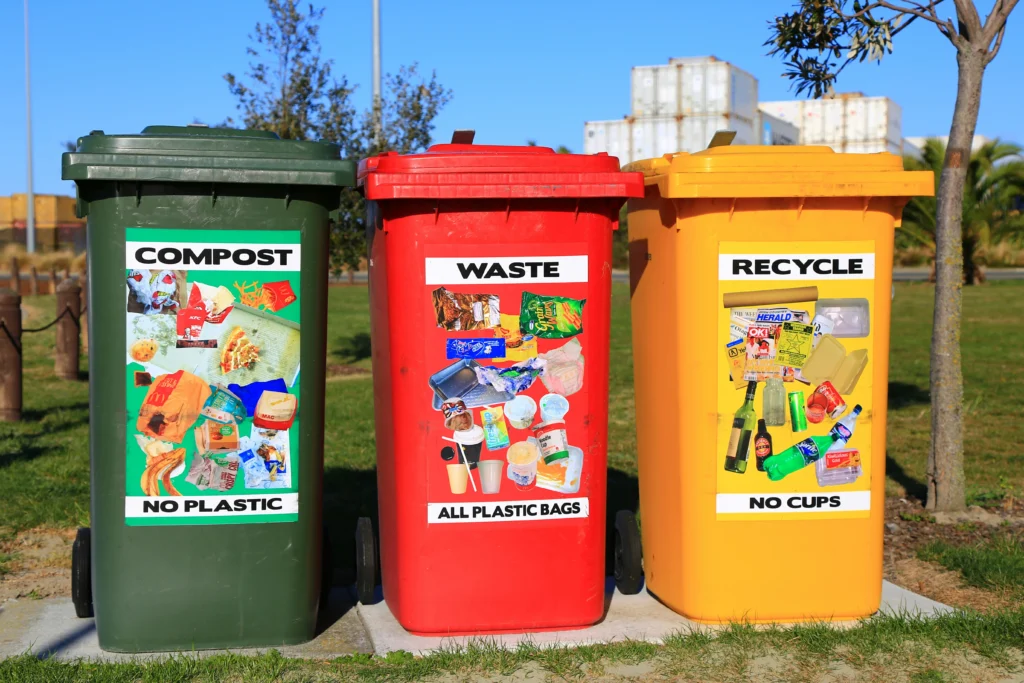Smart Waste Management Technologies Changing the World
As urban populations grow and global waste levels soar, smart waste management technologies are stepping up to tackle one of humanity’s biggest sustainability challenges. By leveraging innovations such as IoT sensors, AI sorting systems, and data-driven collection strategies, cities and industries are redefining how we handle trash — and making the planet cleaner in the process.
Why Smart Waste Management Matters
Traditional waste collection is often inefficient, costly, and environmentally harmful. Smart systems offer real-time data, automated responses, and predictive capabilities that significantly improve waste processing and resource recovery.
Top Smart Waste Management Technologies
1. IoT-Enabled Waste Bins
These smart bins use sensors to monitor fill levels and send alerts when they need emptying, optimizing collection routes and reducing fuel usage.
2. AI-Powered Sorting Systems
Artificial intelligence is being used in recycling facilities to identify and sort materials with high accuracy, improving recycling rates and minimizing contamination.
3. Smart Compactors
These devices compress waste based on volume, reducing the frequency of pickups and saving operational costs.
4. RFID Tracking
Radio-frequency identification (RFID) allows for real-time tracking of waste bins and materials, offering transparency and accountability in waste streams.
5. Data Analytics Platforms
By collecting and analyzing data from across the waste management process, these platforms help municipalities and companies make smarter decisions for sustainability.
6. Mobile Waste Management Apps
Apps that allow users to schedule pickups, receive recycling tips, or report overflow bins are empowering citizens and improving service delivery.
7. Smart Waste-to-Energy Systems
Innovative technologies are converting waste into energy using cleaner methods, reducing landfill use and providing renewable energy sources.
8. Drones for Waste Monitoring
Drones can be used to inspect landfills, illegal dumping sites, or coastal areas for better surveillance and quick response to issues.
Benefits of Smart Waste Management
- Reduced operational costs
- Lower greenhouse gas emissions
- Improved recycling efficiency
- Enhanced public hygiene and safety
- Better data-driven urban planning
Frequently Asked Questions (FAQs)
How does smart waste management help the environment?
By optimizing collection routes, reducing fuel use, and improving recycling accuracy, smart waste technologies lower pollution and landfill dependency.
Can smart bins be used in homes?
Yes, many smart bins are designed for residential use, providing features like odor control, automatic sorting, and fill-level alerts.
Is smart waste management expensive to implement?
While initial costs can be high, long-term savings from efficiency gains and reduced waste volumes often outweigh setup costs.
Which cities use smart waste technology?
Major cities like Amsterdam, Seoul, and San Francisco have adopted smart waste solutions as part of their smart city initiatives.
How can citizens contribute to smarter waste practices?
By using apps, properly sorting waste, and participating in local recycling programs, individuals play a key role in waste management success.
Conclusion: A Cleaner Future with Smarter Systems
Smart waste management technologies are transforming how we collect, process, and understand waste. By embracing innovation, cities, businesses, and individuals can work together to create a more sustainable and efficient future.
Want to be part of the solution? Start by learning about local waste systems, adopting smart bins, or supporting green tech initiatives in your area.



